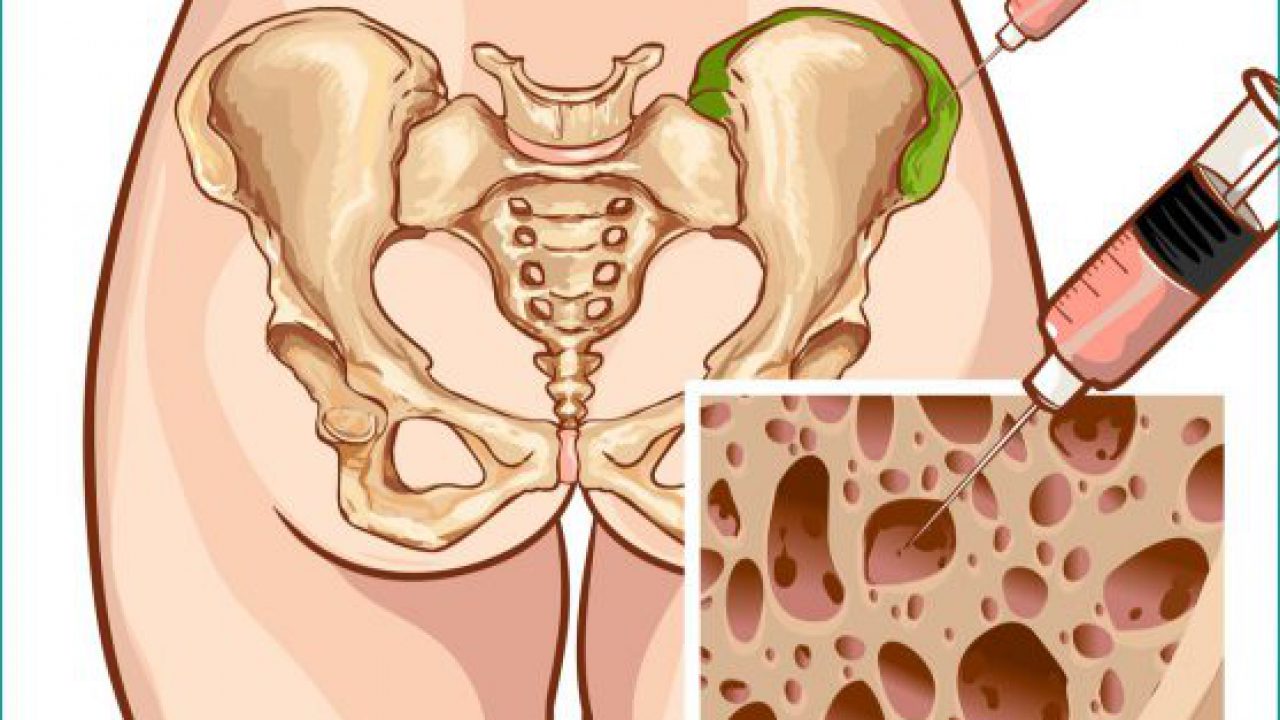A bone marrow transplant (BMT) is performed to replace the damaged or destroyed marrow within the healthy bone marrow. Bone marrow is a fatty, soft tissue present inside the bone and is responsible for producing blood cells. BMT procedure focuses on transfusing healthy bone marrow cells to the patient after their unhealthy bone marrow has been treated for killing the abnormal cells. People suffering from Multiple Myeloma, Amyloidosis, Leukemia, Non-Hodgkin’s Lymphoma, Bone marrow failure, and diverse other conditions may need a BMT. It is imperative to understand the approximate Bone marrow transplant cost in India before undergoing this procedure.
Types of bone marrow transplant:
- Autologous bone marrow transplant: The cells of the patient are used for this procedure. Before receiving a high dose of chemotherapy or radiation, the cells of the patient are removed and stored in the freezer. These cells are put back in the body to aid in making normal blood cells after receiving the needed chemotherapy or radiation treatments.
- Allogeneic bone marrow transplant: In this BMT, cells are removed from another person, also known as the donor. Typically, the donor’s genes should at least partially match the patient’s genes. After initiating the process, a few tests are carried out to see whether or not the donor is a good match. Siblings are typically a good match for this procedure. However, parents, children, or other relatives may also be a suitable match at times. In a few cases, donors who are not related but are a good match for the transplant are considered.
- Umbilical cord blood transplant: It is essentially a type of allogeneic transplant. Cells are removed from the baby’s umbilical cord right after birth for such a procedure. These cells are then frozen and stored till they are required for a transplant in the future. As the blood cells of the umbilical cord are immature, the need for a perfect match is less. The blood counts may take much longer to recover due to fewer cells.
Allogeneic transplant: A brief insight
Before an allogeneic transplant, you have to undergo a conditioning regimen. It involves intensive treatment like radiation therapy and chemotherapy. These treatments destroy as many cancer cells as possible. The specific treatment you undergo will depend on your disease and unique situation. After these treatments, stem cells from a donor are infused into the bloodstream. These cells travel to the bone marrow and start creating new blood cells. The transplant ideally takes place around two days after completing the conditioning regime. BMT helps in restoring the supply of normal cells that have been destroyed by intensive therapies.
After the transplant, the surgeon and care team shall monitor the patient’s condition properly to spot any signs of complications. It is likely that a few weeks have to be spent in the hospital after the procedure and undergo frequent blood tests to monitor the body’s response to the transplant.
Cost of allogeneic bone marrow transplant in India
Living with an ailment that severely affects one’s life is not only a painful experience but can also be straining for family members. Getting a bone marrow transplant in time would be crucial to improving the quality of life.It is a major procedure and hence involves substantial expenses. However, in comparison to many other nations, the expenses in India are quite reasonable. To make sure that the procedure is a success, consult the best hematologists and oncologists in the nation when going for transplantation.
The overall Allogeneic bone marrow transplant cost India incurred will depend on multiple factors, such as:
- Availability of Donor
- The severity of the condition
- Clinical infrastructure, type, and location of the chosen hospital
- Duration of hospital stay
- The expertise and fee of the surgeon
- Diagnostic and other laboratory tests
There are multiple Pre-transplant tests for BMT that need to be undergone before the procedure. These tests include:
- HLA-Crossmatch and Typing
- Infectious disease screening for HIV, Hepatitis, and so on
- Organ function tests, like CBC, ABO blood typing, etc.
- Electrocardiogram
- Echocardiogram
- Lung diffusion capacity
- Pulse oximetry
- Spirometry test
- Lung volume tests
- PET Scan
- CT Scan
- Bone marrow biopsy
Allogeneic bone marrow transplant costs in India might be impacted by the age of the patients as well. The treatment expenses are usually higher for patients under 20 or pediatric patients, as their total hospital stay is generally longer. If you have medical insurance in India available, it is prudent to check with the provider whether the transplant cost is covered in the plan.


































































